Other People’s Countries
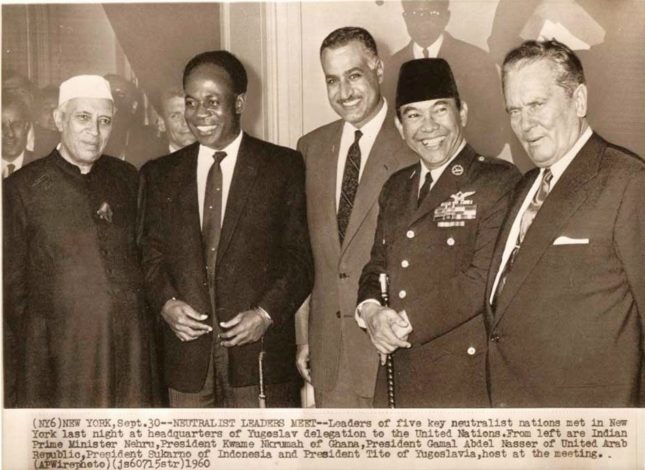
For news of the world, peel away from those who follow the daily offerings of bombings and supposed terror attacks, as bulls in the ring chase a red cape to their ritualistic slaughter. Look instead in places like Haiti, where it is easy to discern the lies from the truth. In such places, where no one appears to be watching, the sanctimonious missionaries do not hide their faces as they morph into kidnappers and pedophiles. The bribes are publicly offered and accepted. The unorthodox affairs between supposed adversaries, or between politicians and foreign agencies, are consummated in broad daylight. It is easy to tell, in other people’s countries, which statements to the press and international bodies are made with tongue in cheek. In other people’s countries, like Haiti, Syria, Iraq and Afghanistan, anything can be bought and degraded. The corruption is so casual, it seems almost innocent.
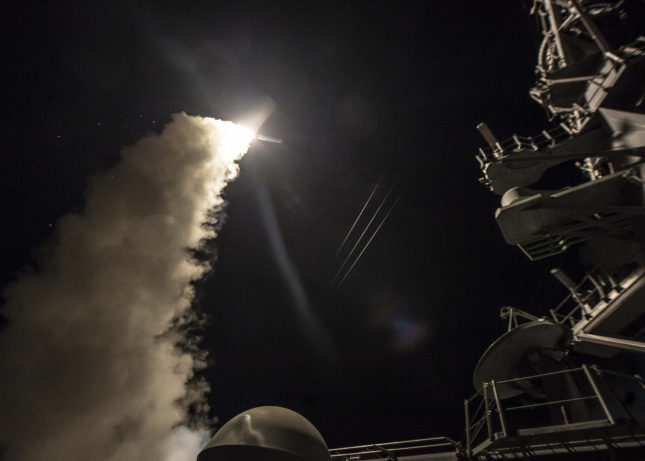
Rivers of aid
It is to other people’s countries that the sins of the so-called developed world are outsourced. I don’t mean the usual stuff involving sexual degenerates who are given license to practice their fantasies on brown bodies and leave a trail of bastards, though that is there too. I mean instead the cholera introduction and the dirty industries, like the egg farms and hog farms that abuse animals and dump into rivers massive volumes of their wastes full of antibiotic-resistant bacteria. There are also the tanneries that load the rivers with chromium salts, and the textile factories that kill rivers with aniline dyes and make them run denim-blue. The worst offenders are the mining companies, whose new roads and pulverized mountains can deforest a country faster and more thoroughly than any other practice. In other people’s countries, Western companies carry out open-pit mining, which dumps thousands of cubic meters of cyanide-laden water per hour into previously pristine rivers and bays. For the most part, this kind of sin in other people’s countries is called aid.
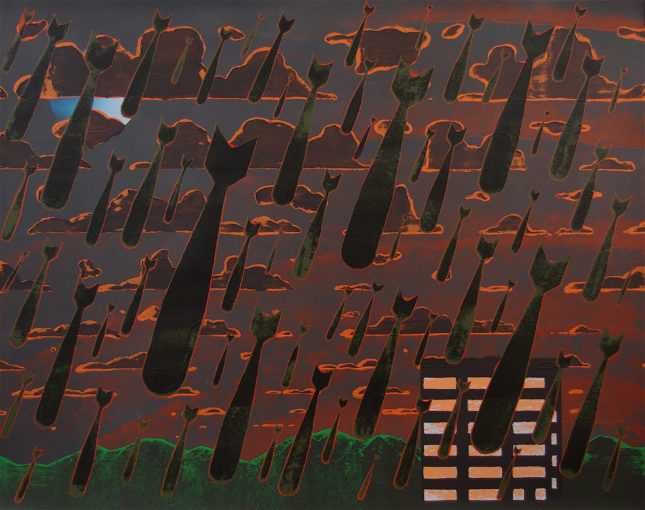
Killing fields
It is all right, even desirable to test weapons and methods of repression in other people’s countries. Argentina, Brazil, Chile, India, and many others have used Haiti as a terrain in which to train their so-called peacekeepers in urban warfare. Brazil has also used Haiti to test its military vehicles even as its military experts, like Geraldo Cavagnari, have bragged about Haiti being a place where “there is no risk.” By far the most militarily abused country in recent times has been Syria, where a supposed civil war has provided an excuse for Russia and the United States to field test their weapons. According to Russian Defense Minister Sergey Shoigu, over 160 advanced Russian weapons, including new fighter jets, helicopters, and cruise missiles, have been tested in Syria as part of more than 70,000 airstrikes on that country. On April 7, 2017, under the pretext that Syria had conducted a chemical attack on its own citizens, including children, the United States destroyed a Syrian radar system plus several military airplanes as a way to promote its Tomahawk missiles. Syria’s response was feeble to nonexistent, despite its ownership of Russian S-200 anti-missile defense systems and the Tomahawk missiles being old and subsonic. The Russians in Syria apparently stood down, although they presumably had more advanced S-400 systems for their own use. Subsequently, Russia promised to sell better defensive weapons to Syria and Iran. Any way one looks at it, the US and Russia won. For those Syrians who lost their lives, it seems rather inconsequential whether they were killed by chemical weapons or traditional air strikes.
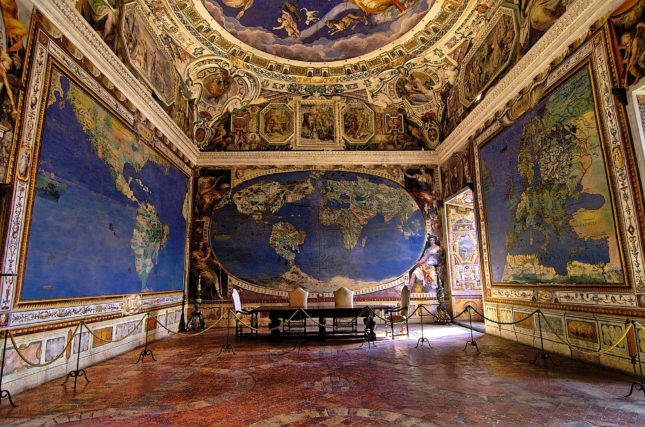
A venue for theater
Memories are short, and besides, nobody applies much critical thought anymore to world events. If they did, then the back-to-back United Nations Security Council (UNSC) deliberations about Haiti and Syria on April 11, 2017 would have perplexed many. On the subject of Haiti, the US and Russia were quite chummy. In fact, it was Russia’s Petr V. Iliichev who played the heavy for the US. Mr Iliichev insisted that the situation in Haiti was still “quite tenuous” and then announced that the new, supposed police-only, mission would continue to operate under Chapter VII of the UN Charter. This chapter of the UN Charter allows the use of military force, and it has been illegally applied in Haiti, a country not at war, since 2004. Immediately after this, during a meeting about Syria, Vladimir Safronkov from Russia put on a great show of being angry with Matthew Rycroft of the United Kingdom, who openly backed the US. Thou “dost protest too much, methinks.” Simultaneously, in the world at large, the US threatened to attack North Korea if it tested a new missile; China too imposed sanctions on North Korea and threatened it. While it is true that North Korea’s possession of long-range missiles is a potential threat to South Korea and Japan because of their proximity, the bigger threat to the US and China might just be North Korea’s potential position as a nonaligned competitor in sales of advanced weapons. There is the same threat from Iran, which claims to manufacture “tanks, armored personnel carriers, missiles, torpedoes, drones and fighter planes.”
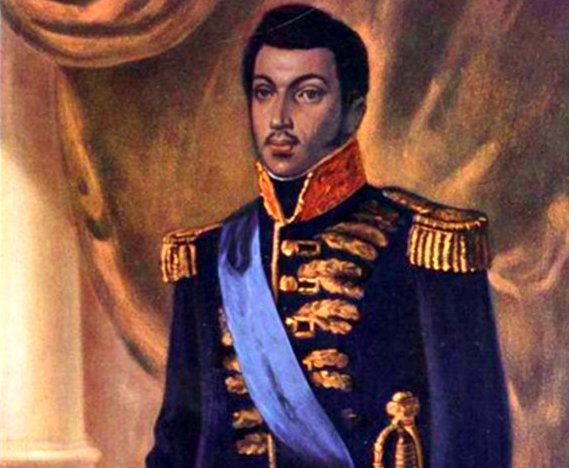
Countering the new colonialism
Back in 1914, when a small group of mostly European powers controlled nearly 85 percent of the world’s land surface, it was customary for those colonists to sit down together, redraw national boundaries, and divide up among themselves, in well-known treaties, other people’s countries. Slightly more than a century later, in the age of the Internet, the workings of government are so opaque that the US no longer publicizes even its White House visitor logs. I believe that the recent pronouncements by the US, Russia and China at the UN about Syria and North Korea have been nothing but theater. It is fair to assume that, in recent high-level meetings, as recommended by the rich and powerful Zbigniew Brzezinski, the US, Russia and China secretly agreed to a Trump Doctrine that allows them to carve up the world’s resources and use force in other people’s countries following consultations. Coveted nations that are resource-rich or strategically located would do well to shun the merchants of death and ally with each other to resist the new colonialism.
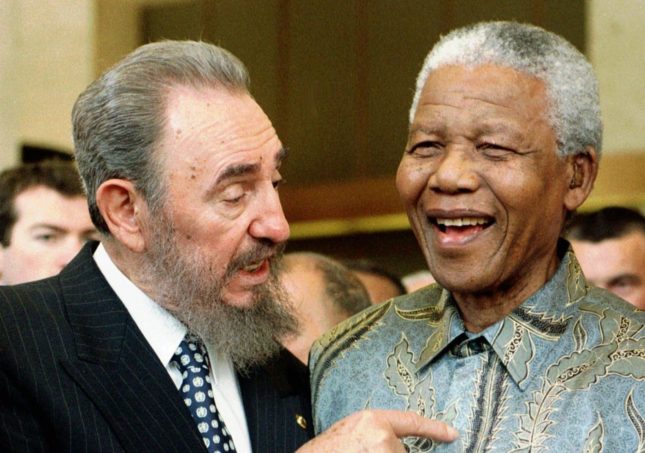
Editor’s Notes: Dady Chery is the author of We Have Dared to Be Free: Haiti’s Struggle Against Occupation.
Related Articles













You must be logged in to post a comment Login